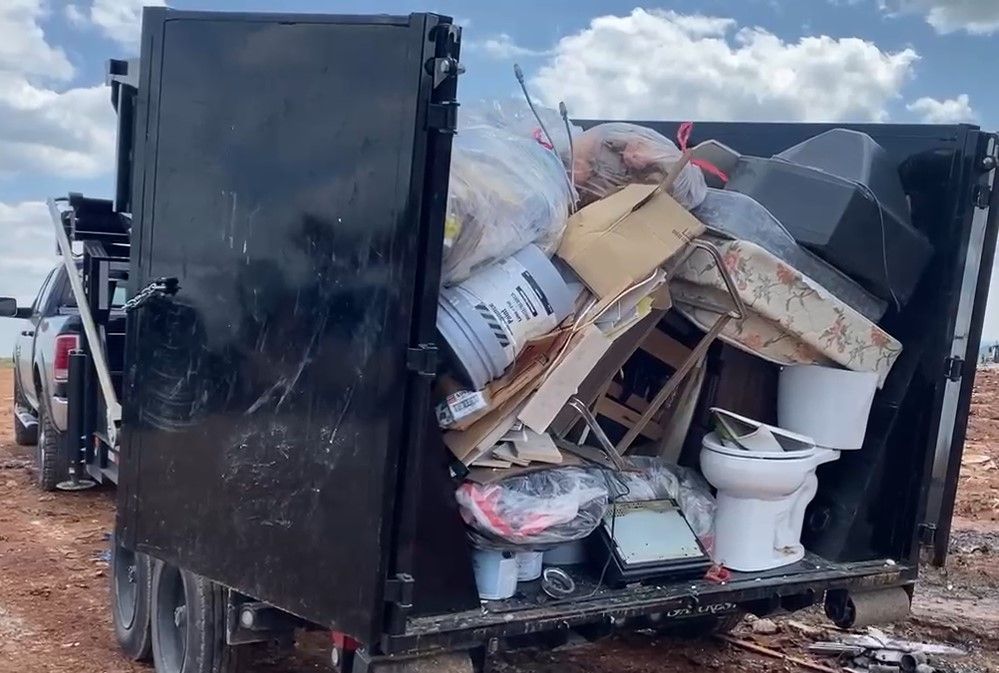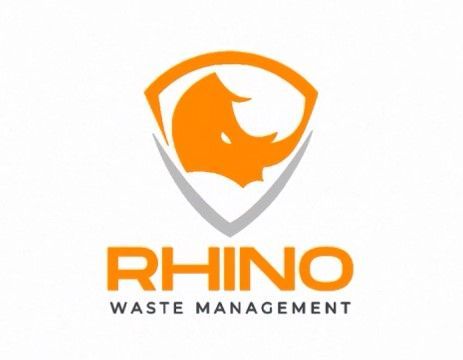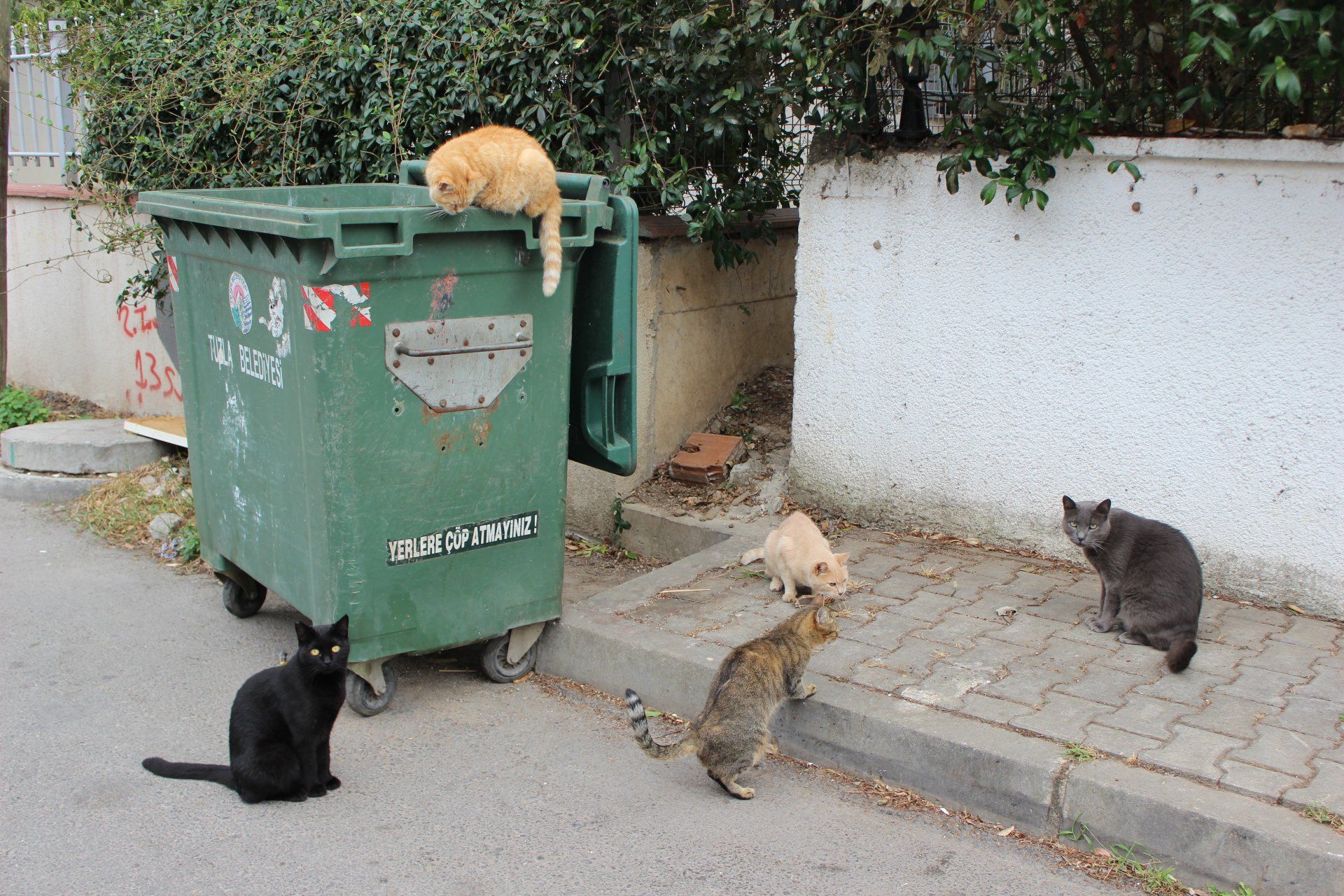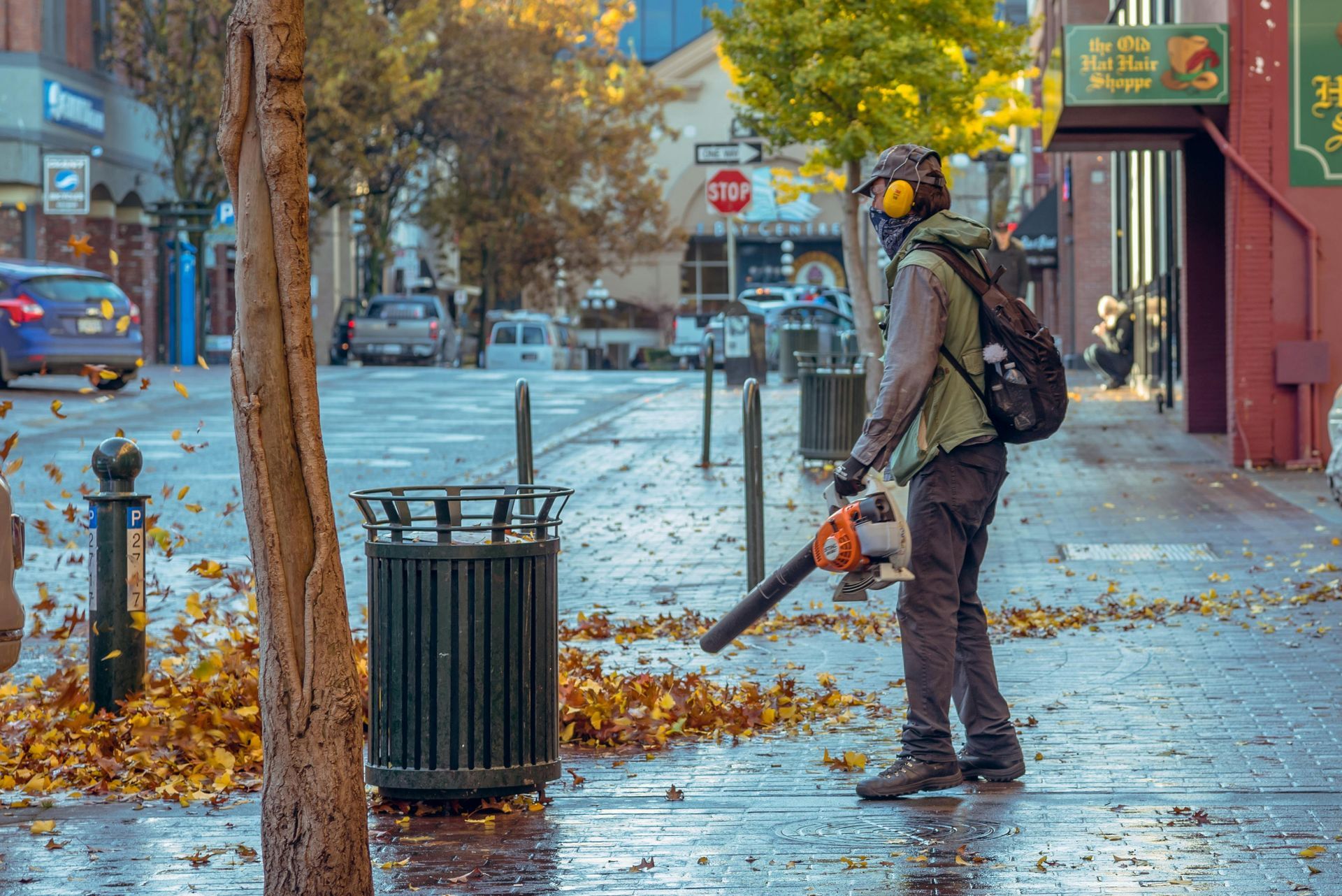Do I Need A Permit For A Dumpster In Missouri?
If you're planning a renovation, construction project, or major clean-up effort in Missouri, renting a dumpster can be a convenient solution for managing waste. However, before you schedule a dumpster delivery, it's essential to understand whether you need a permit for your dumpster rental. Let's explore the regulations and requirements surrounding dumpster permits in Missouri.
Understanding Dumpster Permit Requirements
In Missouri, the need for a permit to place a dumpster on your property can vary depending on several factors, including:
Location: Dumpster permit requirements may vary from one municipality to another within Missouri. It's crucial to check with your local city or county government to determine the specific regulations that apply to your area.
Property Ownership: If you plan to place a dumpster on private property that you own, the permit requirements may differ from those for placing a dumpster on public property or right-of-way.
Duration and Size of the Project: Some municipalities may require permits for temporary dumpster placements, especially for larger projects or extended durations.
Obtaining a Dumpster Permit
If a permit is required for your dumpster rental, the process for obtaining one typically involves the following steps:
Contacting the Local Government: Begin by reaching out to the appropriate department or office within your city or county government responsible for issuing permits. This may be the building department, public works department, or another relevant authority.
Submitting an Application: Complete the necessary permit application form, providing details about the project, the size and location of the dumpster, and the duration of its placement. Be prepared to pay any associated permit fees.
Complying with Regulations: Ensure that your dumpster rental and placement comply with any specific regulations outlined by the local government. This may include requirements related to dumpster size, placement location, signage, and safety measures.
Obtaining Approval: Once you have submitted your permit application, it will be reviewed by the appropriate authorities. If approved, you will receive the necessary permit to proceed with your dumpster rental.
Consequences of Non-Compliance
Failure to obtain the required permit for your dumpster rental can result in various consequences, including:
- Fines and Penalties: Violating dumpster permit regulations may lead to fines or penalties imposed by the local government.
- Enforcement Actions: Municipalities may take enforcement actions, such as requiring the removal of the dumpster or issuing stop-work orders until the permit issue is resolved.
- Liability Concerns: Non-compliance with permit requirements could potentially expose you to liability risks in the event of accidents, property damage, or other issues related to the dumpster placement.
While the specific regulations regarding dumpster permits in Missouri can vary by location, it's essential to understand and comply with the requirements set forth by your local government. By taking the time to research permit requirements, submit the necessary applications, and ensure compliance with regulations, you can avoid potential legal issues and enjoy a smooth dumpster rental experience for your project. If you have any questions or concerns about dumpster permits in your area, don't hesitate to contact your local government offices for guidance and assistance.
You might also like
Bin Buzz

Book a Service Today
We will get back to you as soon as possible
Please try again later
Quick & Reliable
All Rights Reserved | Springfield Dumpster


